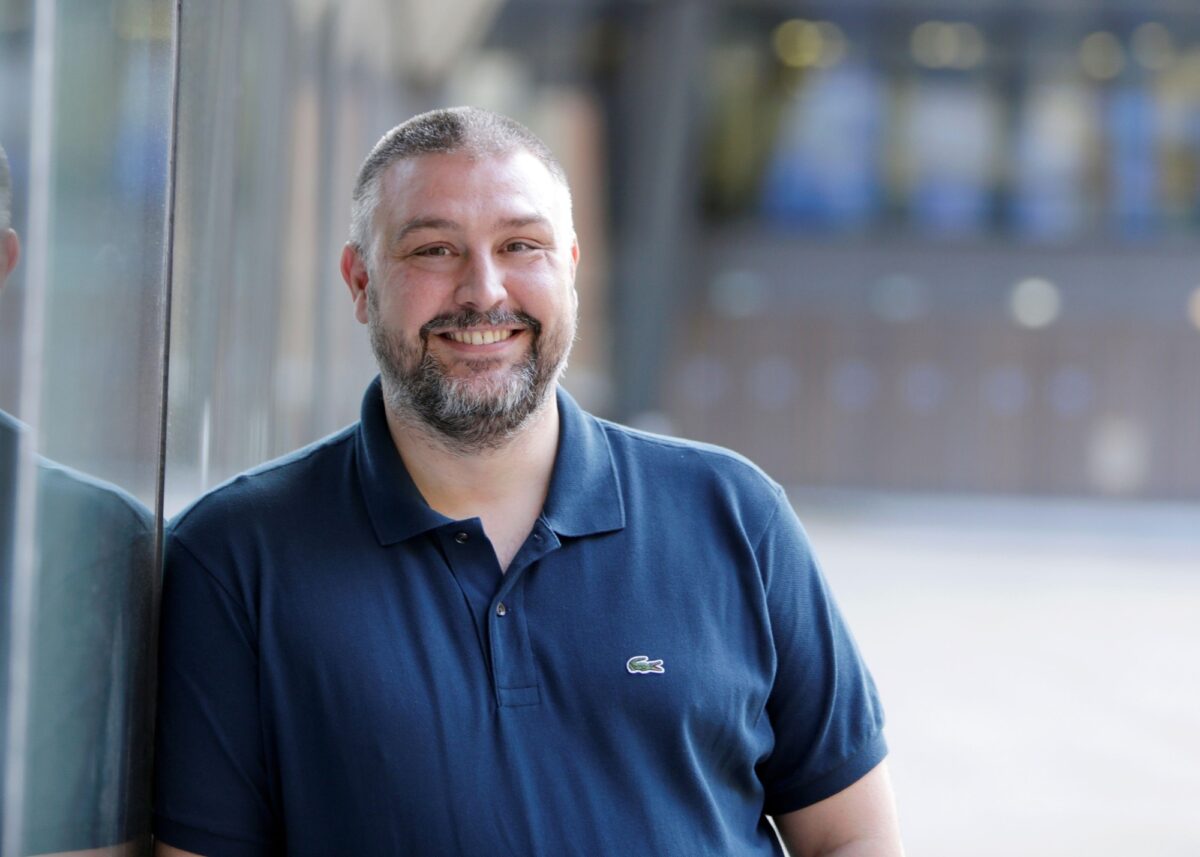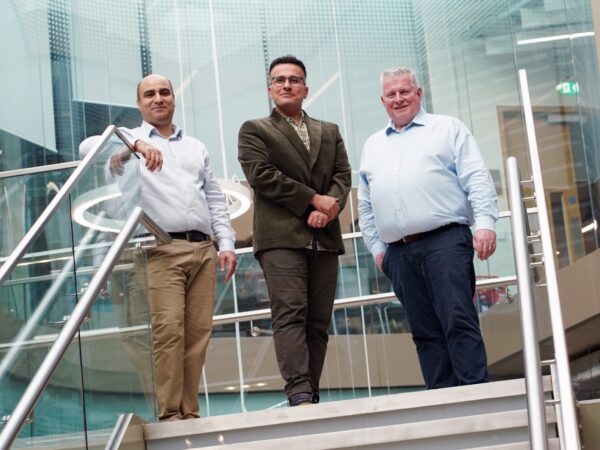
Companies with global potential need different kinds of pathways to make the impact they deserve, writes Richard Lennox, entrepreneur and scale-up advisor; former Skyscanner director and Current Health COO.
Scotland is a brilliant place to start a business. We’ve built a robust ecosystem that supports early-stage ventures. We haven’t yet, however, cracked the code of creating global-scale businesses. Relative to the rest of UK and Europe, few startups get past 50 employees and fewer hit £20m in annual revenue, never mind £100m. A recent report from Sifted disappointingly found only two of the UK’s 100 fastest-growing companies were from Scotland (Holibob and PlayerData). Our system is not yet wired for scale.
Today, our entrepreneurial programmes cast a wide net. They are inclusive by design, and rightly so. Perhaps it’s time we created a different kind of pathway for the top 10 per cent of high-potential growth companies: those with the capacity, ambition and market to become the next Skyscanner, FanDuel or Current Health. These ventures need more than general, educational support. They need targeted connections, tailored advice from those who have lived the scaleup journey and, most importantly, an injection of global ambition.
Gareth Williams didn’t just want Skyscanner to be a top travel site — he wanted it to be one of the top ten websites in the world. That clarity of purpose gave us focus, and belief. Without that mindset, scale is out of reach.
Yet, culturally, Scotland, can be tough on ambition. Few scoffed at Bill Gates when he said he wanted a computer on every desk but, here, we sometimes discourage that kind of vision. Even our curriculum reflects that: at my son’s school they’re learning about Brunel but not James Watt. We need to reconnect with our own legacy of innovation.
To meet that ambition, we must recognise that for a Scottish scaleup, your customer isn’t local. They’re in the US, Asia, or Europe. You need to meet them there from day one. At Current Health, Chris McGhee, our CEO, spent nearly every other week in the US directly engaging with customers. It wasn’t glamorous, it was necessary, and fundamental to our growth.
As I speak to founders and leaders, a gap exists almost universally in the level of support that they get and the networks they need. Most business advisors, including investors, have never scaled a company themselves and certainly not a technology company. We need to better incentivise founders and leaders who’ve done it before; not just through mentorship, but through real value exchange.
What if Scotland convened a ‘global-first’ founder/operator network offering our entrepreneurs a front door in any major city, through Scotland House, for example? Somewhere to meet customers and get a warm introduction to allies that moves the needle.
Capital remains another critical lever. Venture capital has its place but a 30x return on investment in 5-10 years is a tough target, and not every great company fits that model. We also need to go out of Scotland to meet growth investors. Events like investor event EIE25 are the exception because they bring together concentrated opportunity. But, most of the time, it’s on us to get in front of them.
University spinouts remain a potential bright spot. Companies like Neuranics and Prothea Technologies show what’s possible. As Entrepreneur-in-Residence for the University of Edinburgh’s Venture Builder Incubator, I’ve seen founders bringing unique technology to market, but the tech is only 50 per cent of the business – the rest is sales, positioning and customer insight. A co-founder with commercial instincts could be game-changing if we can find a path to making introductions.
Scotland’s national animal is the unicorn. If we want to see more, we need to rethink our ecosystem for scale. That means a new level of ambition, a new kind of support, and a renewed belief in what’s possible.
This article was first published in The Scotsman


